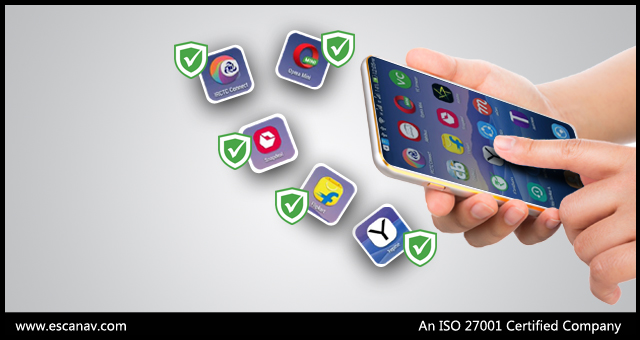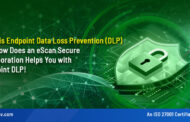Mobility is spreading fast among the enterprise and there is no turning back. BYOD (Bring Your Own Device) has received plenty of attention as a result and IT departments are on the toes to curb security risks of mobile devices in the workplace. The next challenge is supposedly BYOA (Bring Your Own Application) because a good number of public app stores has serious malware problems.
According to the latest report from Gartner, 27% enterprises will have their own app store by 2018. This can be a big boost for MDM (Mobile Device Management), and there can be a rise in mobile security breaches. Primarily, it should be noted that irrespective of its origin, the users should vouch for its security before making it public.
Broadly speaking, mobile apps are of three types:
- Native applications — Native apps run only on supported devices; eg. an iOS app runs only on iPhones.
- Web applications — A Web app can be accessed by any mobile device since they are built with standards like HTML and effectively housed online. Sometimes it is more than a shortcut to the Web app.
- Hybrid applications — A layer of native application which might be there around a Web-based user interface might get the best of both worlds.
Each type of these apps requires specific testing. Individually, the enterprises need to consider how to protect their crucial data since it goes through mobile networks. Enterprises are now opting for the hybrid approach to cover a wide range of platforms. Since the hardware capabilities are different in different mobile devices, thus adapting hybrid apps is more convenient apparently. More than 50% of deployed apps are going to be hybrid by 2018, says Gartner.
In order to cover all the bases, and ensure proper penetration testing, it is essential to engage a third-party organization with the right expertise areas. They normally put the app to the testing and approaching it similar to that of any real attacker would do with zero regards for how the system should be used.
With eScan’s range of security products, it is quite evident that the latest installed apps should be thoroughly scanned to ensure the security level of the installed apps. With Privacy Advisor feature, eScan accurately reviews the security level of all applications installed on the respective devices and provides a list of apps using device permissions in a presentable format.







